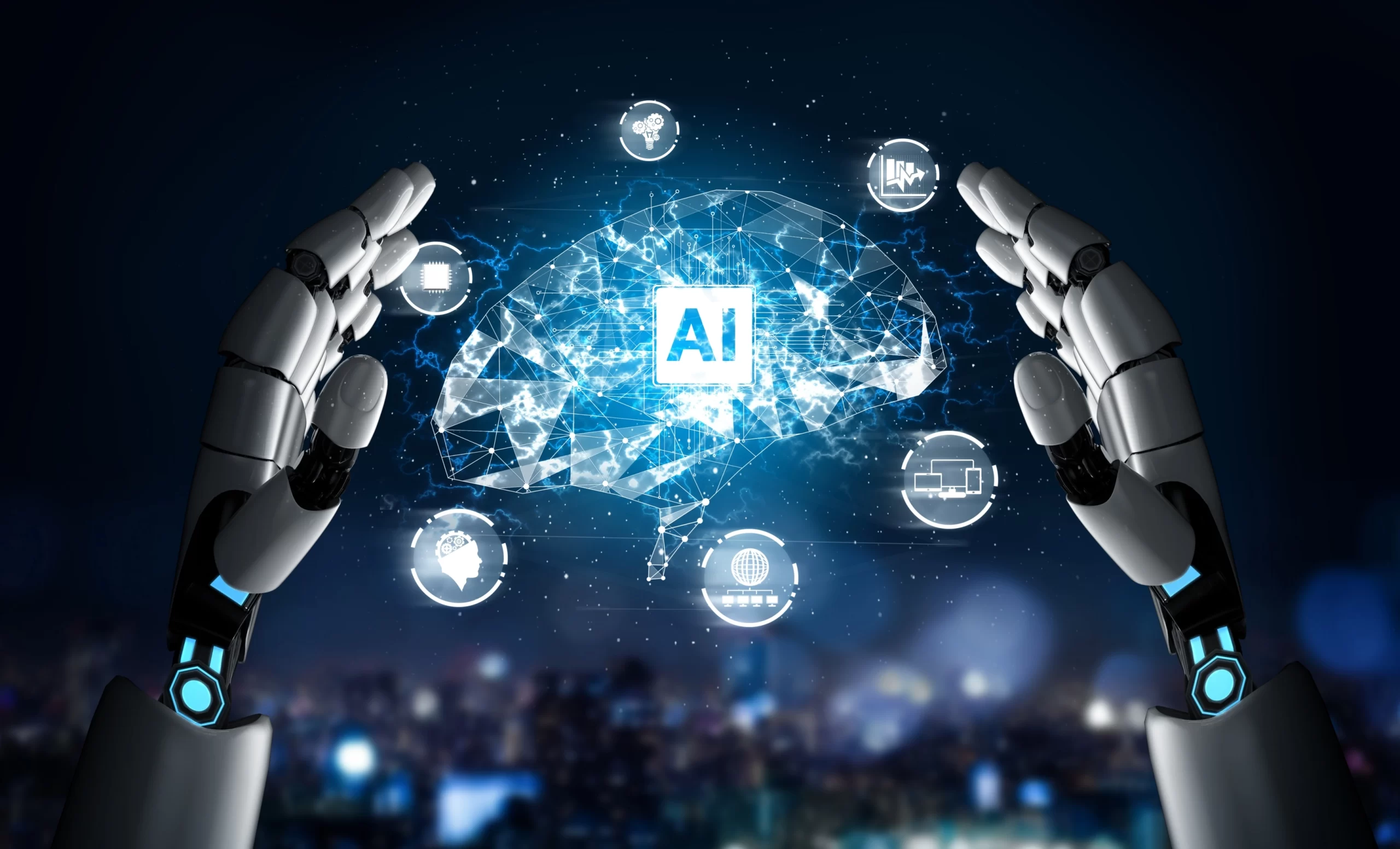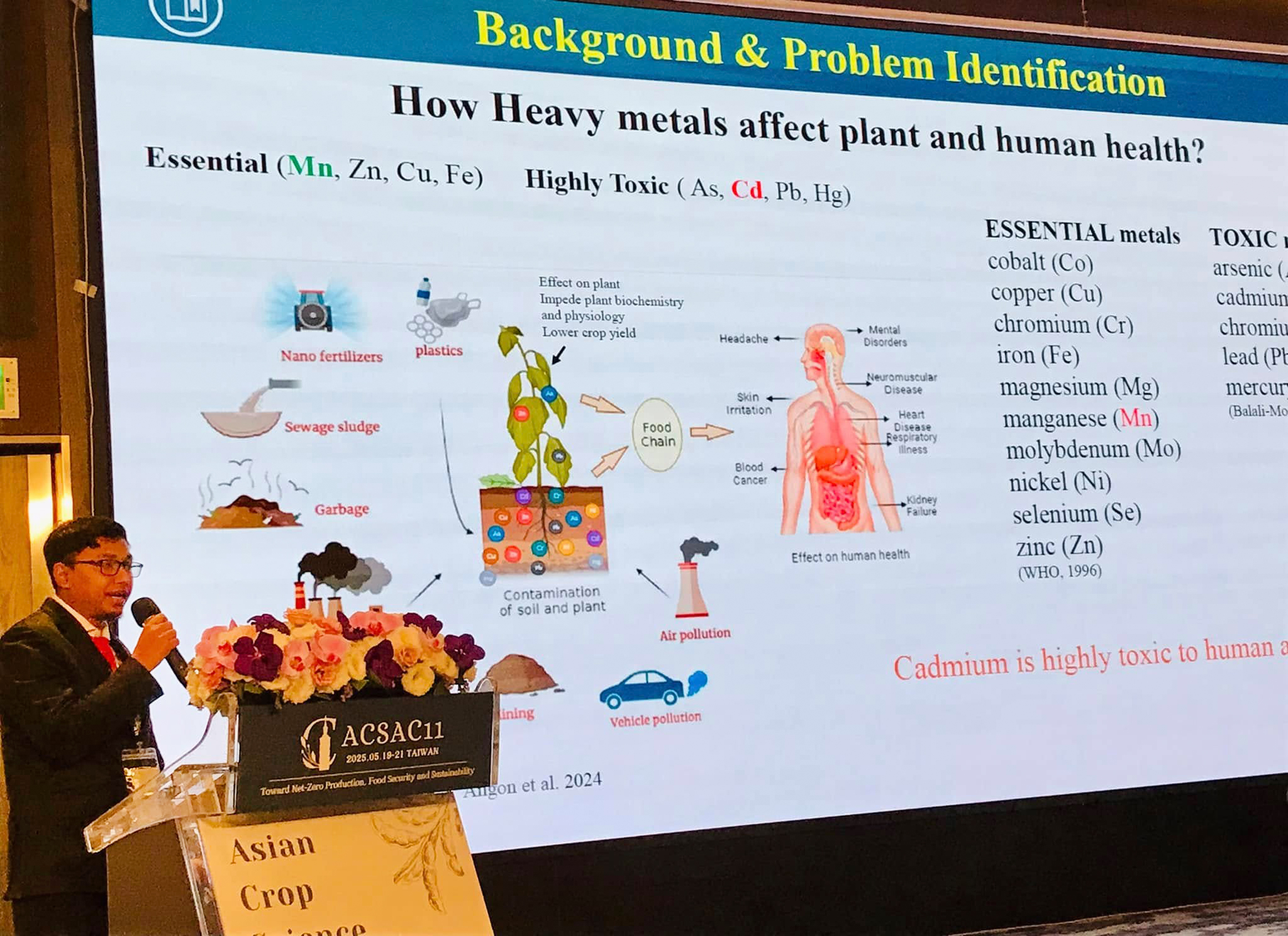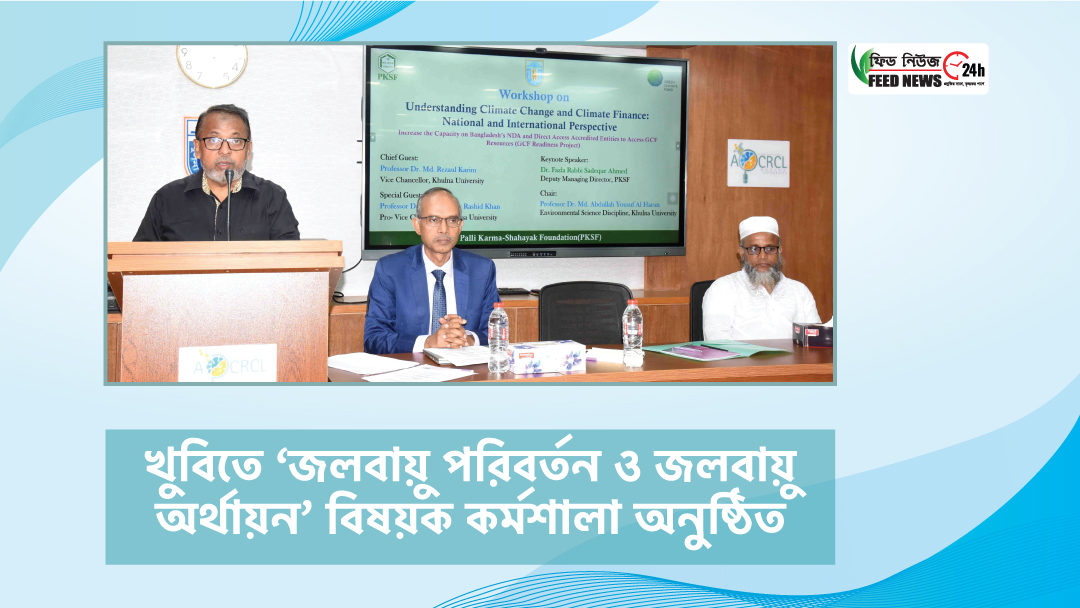While artificial intelligence continues to transform industries at breakneck speed, not everyone is embracing the change. A growing number of professionals across sectors are voicing deep concerns about the environmental, ethical, and societal impacts of AI—and in some cases, flat-out refusing to use it.
Sabine Zetteler, who runs a London-based communications agency, is one such voice. With a team of around 10 people, Zetteler is committed to preserving the human touch in her work.
“I read a really great phrase recently—’why would I bother to read something someone couldn’t be bothered to write?’—and that really struck a chord,” she says. “There’s no joy or meaning in outsourcing creativity to machines. Where’s the value in reading a bot-written article or listening to an AI-generated song?”
Zetteler is not alone. Florence Achery, owner of Yoga Retreats & More, also rejects AI on both philosophical and environmental grounds. “My business is about human connection. AI, to me, is soulless,” she says. “And the more I learned about the energy consumption of AI systems, the more disturbed I became. People don’t realize how much electricity it takes just to power these massive data centers.”
Her concern is not unfounded. A recent report by Goldman Sachs found that a single ChatGPT query can consume nearly ten times more electricity than a Google search, sparking alarm among environmental advocates.
In the U.S., Sierra Hansen, a public affairs consultant based in Seattle, questions AI’s impact on human cognition and problem-solving. “We’re outsourcing our thinking. If we rely on AI Copilots to manage our lives, we risk losing essential critical thinking skills.”
Despite these concerns, resistance isn’t always feasible. Jackie Adams (not her real name), a digital marketing professional, was initially opposed to AI for both ethical and environmental reasons. But when budget cuts hit and her team embraced AI tools to save time and money, she found herself with little choice.
“At first I thought using AI was lazy,” she says. “But when my job depended on it, I had to adapt.” She now uses AI for copywriting refinement and photo editing, and admits it has enhanced her productivity. “It’s not about laziness anymore. It’s about keeping up.”
Philosophy professor James Brusseau, who specializes in AI ethics at Pace University, says the AI tipping point may already be behind us. “If you want to understand why a decision was made, you’ll still need humans,” he notes. “But for many routine tasks—weather forecasting, anesthesiology—AI will eventually take over.”
Still, for many professionals, the accelerating pace of AI adoption feels overwhelming. “Even Google search results now include AI-generated summaries,” says Adams. “Sometimes it feels like we’re losing control. How do we turn all this off?”
As AI tools become more deeply embedded into daily life and work, the divide between those who embrace it and those who resist it is growing more pronounced. Whether resistance is principled, practical, or philosophical, one thing is clear: the conversation about AI’s role in our future is far from over.
Source: BBC.







